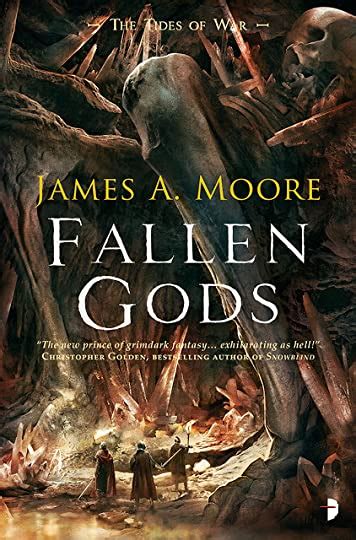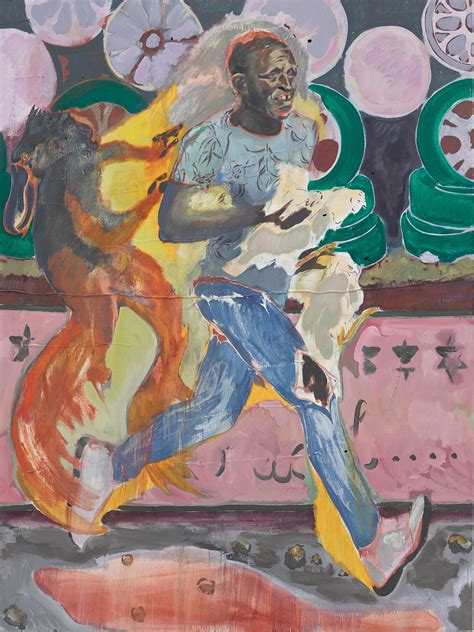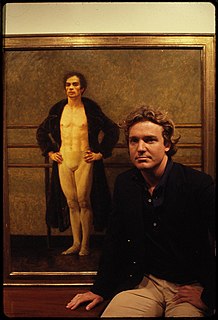A Quote by Quentin Crisp
I went out into the world when I was about 22. I wrote books and I illustrated books and did book covers, and I taught tap-dancing, and I was a model in the art school. I had no ability for any of those things, but what else could I do?
Related Quotes
One wouldn't want to say that what makes a good writer is the number of books that the writer wrote because you could write a whole number of bad books. Books that don't work, mediocre books, or there's a whole bunch of people in the pulp tradition who have done that. They just wrote... and actually they didn't write a whole bunch of books, they just wrote one book many times.
I grew up watching Gregory Hines banging out rhythms like drum beats, and Jimmy Slyde dancing these melodies, you know, bop-bah-be-do-bap, not just tap-tap-tap. Everyone else was dancing in monotone, but I could hear the hoofers in stereo, and they influenced me to have this musical approach towards tap.
Tap dancing is like... it's equivalent to music, not only for the African American community, but also for the world. Tap dancing is like language; it's like air: it's like everything else that we need in order to survive. I'm blessed and honored to be knowledgeable of the art form and to be a part of the art form.
He would talk to them of stories and books, and explain to them how stories wanted to be told and books wanted to be read, and how everything that they ever needed to know about life and the land of which he wrote, or about any land or realm that they could imagine, was contained in books. And some of the children understood, and some did not.
When I was first diagnosed, I went out, as a book person, and got some books on cancer and looked up my version of the disease. It said that I had about a 5 percent chance of survival. I said, 'Gosh, well, it's been a good run.' What I didn't realize is that in the two years since those books were published, things had shifted dramatically.
School did give me one of the greatest gifts of my life, though. I learned how to read, and for that I remain thankful. I would have died otherwise. As soon as I was able, I read, alone. Under the covers with a flashlight or in my corner of the attic—I sought solace in books. It was from books that I started to get an inkling of the kinds of assholes I was dealing with. I found allies too, in books, characters my age who were going through or had triumphed against the same bullshit.
Well, this is a story about books." About books?" About accursed books, about a man who wrote them, about a character who broke out of the pages of anovel so that he could burn it, about a betrayal and a lost friendship. It's a story of love, of hatred, and of the dreams that live in the shadow of the wind." You talk like the jacket blurb of a Victorian novel, Daniel." That's probably because I work in a bookshop and I've seen too many. But this is a true story.
When the oldest Chatwin, melancholy Martin, opens the cabinet of the grandfather clock that stands in a dark, narrow back hallway in his aunt’s house and slip through into Fillory...it’s like he’s opening the covers of a book, but a book that did what books always promised to do and never ac tually quite did: get you out, really out, of where you were and into something better.



































